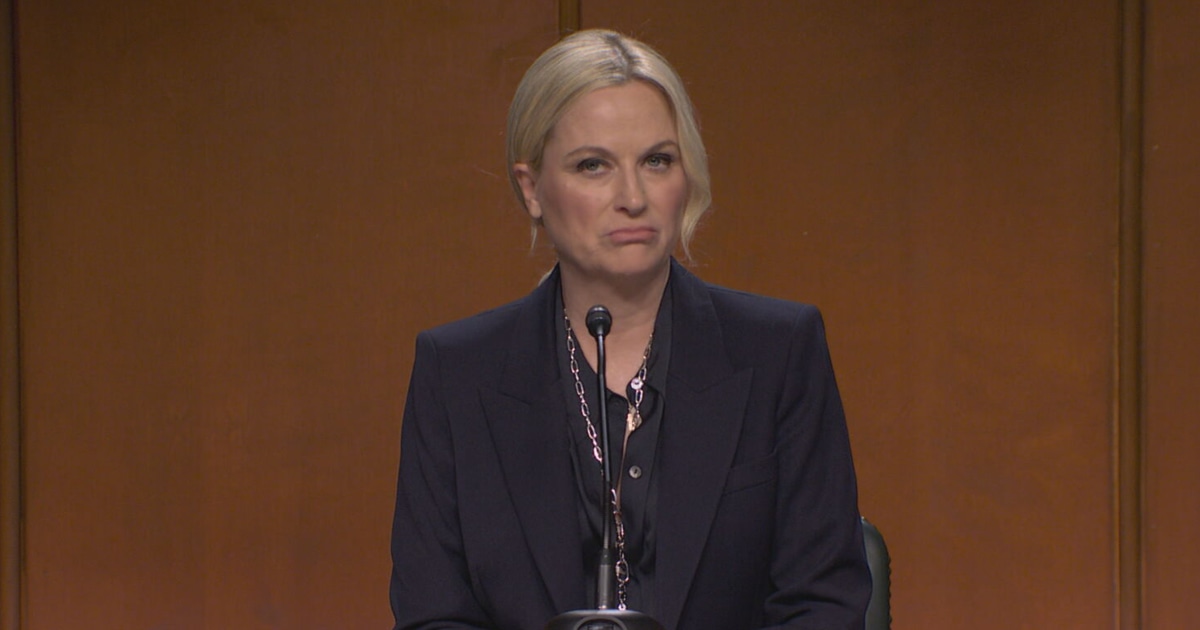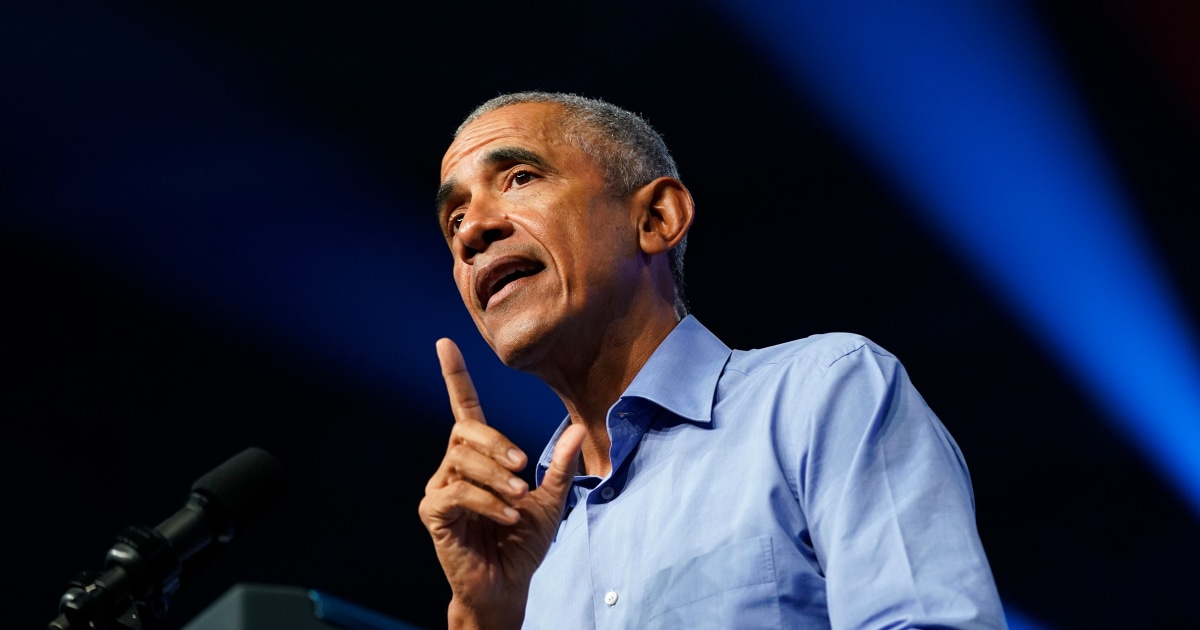Hamas said it has agreed to release all Israeli hostages, alive or dead, and that it would hand over the administration of Gaza to a Palestinian body of independents it called “technocrats.” NBC’s Matt Bradley reports for Saturday TODAY from Tel Aviv.
Source link
Hamas Agrees to Release All Israeli Hostages, Alive and Dead




